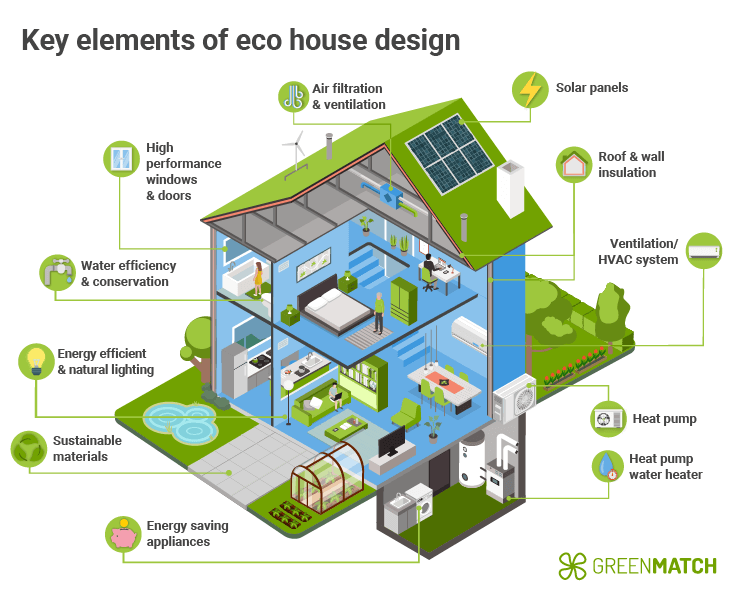Dealing with plumbing issues is no one's idea of a good time, right? It's like a surprise party you didn't want to attend. That's why finding a trustworthy plumbing service is like winning the lottery.
But, let's face it, we've all been there. You think you've hired the right plumber, and then, wham! Plumbing problems are still bugging you.
So, let's talk about those telltale signs that you might've picked the wrong plumbing service.
1. Hiring Someone Without Checking their License and Insurance
When you call a plumber, do you check their license and insurance details? Given that we mostly call them when it's an emergency, most of us skip this part and do not check.
Licensed plumbers are like heroes of plumbing. They just know how to do it right. On the other hand, if someone shows up without a license and insurance, we can't say for sure if they are actually able to solve the problem. Because they are not legally permitted to do the job.
So make sure to check their license to know if they are actually capable enough to install fixtures, fix broken pipes, and take care of blocked drains.
Why Licensing Matters
The license and insurance of your plumber can’t be ignored at any cost because it's not just a piece of paper. It proves that they have gone through the much-needed training and are capable of doing the job safely.
This not only ensures that your plumbing has been well installed and maintained but also helps you know that you and your children can use the plumbing fixtures safely.
The Importance of Insurance
Plumbing jobs can be like a rollercoaster ride, full of ups and downs. If your plumber isn't insured, you could be the one taking the plunge if something gets damaged during the job. With insurance, both you and the plumber are covered if things go haywire.
2. Where Are The Reviews?
These days, everything is online, including reviews of plumbing services.
If you can't find any reviews or references for the plumbing service you're eyeing, it's like entering a mysterious forest without a map.
Trustworthy plumbers should have happy customers who are eager to share their experiences.
The Power of Reviews
So, here's the deal: reviews spill the beans on everything. They spill about how they work, whether they're pro or no-go, and if they bring the A-game to your plumbing party. It's like having your own team of experts whispering in your ear.
Now, if you're checking out a plumbing service and it's all crickets in the review department, that's a red flag.
Good experiences should be shouted from the rooftops, right? So, if you can't find any, it's time to put on your detective hat and dig a little deeper.
3. The Vague Estimate Trap
Imagine this: You ask for an estimate, and you get a piece of paper with a number on it, but it's about as detailed as a magic trick. Beware of vague or incomplete estimates. You want a breakdown of what you're paying for – materials, labor, and any potential extra costs that might pop up.
What Does a Comprehensive Estimate Include?
Let's dive into the details now. By estimate, we don't mean a rough number. It's more likely to be a list. The services you are getting done should be listed down with their unit prices so you know exactly what you are paying for. This should include:
The scope of the work: What's on the plumber's to-do list?
Materials: What stuff are they using, and how much does it cost?
Labor costs: How much are they charging for their time?
Timeframe: When will they start and finish the job?
A good estimate is like a promise that you won't get any surprise bills.
4. Where's the Contract?
Now that you have an estimate of what you might be spending today, you need a contract if you are okay with the estimate.
After getting the estimate, don't let your plumber start just yet. It's best to create a contract with the consent of both parties just to avoid any miscommunication or drama later on.
Why Contracts Are Crucial?
Contracts are like the rulebook of your plumbing project. They lay out all the dos and don'ts, making sure both you and the plumber are on the same page. Here's what a contract should include:
● Brief description of the work that you are getting done
● List of materials and their unit price
● Labor costs, including hourly charge and estimated hours required
● Payment schedule and terms
● Starting and completion dates
● Warranty or guarantee information
● Any permits or licenses required for the job
A well-drafted contract works like a “plumbing peace treaty”, ensuring everyone plays by the rules. If your plumber hesitates to provide one, that's a red flag.
5. The Silence Treatment
Communication is the glue that holds any good relationship together, even the one with your plumber. So, picture this: You're knee-deep in a plumbing project, and you need answers or just a friendly voice to ease your worries. But your plumber is not replying. It's like trying to talk to a brick wall.
But hey, you're not asking for a chat about the weather. It is completely fine and fair to ask questions if you have concerns.
You want a plumbing service that picks up the phone, answers your questions (no matter how weird they may seem), and keeps you in the loop about what's happening with your plumbing job. After all, radio silence is no way to roll, especially when you've got pipes to fix and water to flow.
Why Communication Matters?
If you are dealing with an ongoing plumbing problem and you have questions or concerns, who do you turn to? Your plumber, of course!
But if they're unreachable or take ages to respond, it can feel like you're navigating uncharted waters solo. A professional plumbing service should be accessible and responsive.
Signs of Good Communication:
Here's what you should look for in terms of communication:
● Clear and timely responses to your questions
● Regular progress updates
● Willingness to discuss any issues or changes that may arise during the project
● Communication should flow like a well-plumbed pipe, and you deserve to have your concerns addressed promptly.
6. Where's the Warranty?
A plumbing service that doesn't offer a warranty or guarantee might as well be saying, "We're not sure if we'll mess up, but if we do, tough luck."
A good warranty gives you peace of mind. If something goes wrong soon after the job, they should come back and fix it without charging you extra.
What Makes Warranties and Guarantees Important?
Just like anything important, plumbing projects need a warranty. It is more like a safety net for your project. That’s like your plumber's way of saying, “We stand by our work.” These are the things you can expect from your plumbing warranty.
A warranty should cover defects in workmanship or materials for a selected period, it is generally between three months to a year.
● The plumber should mention all the terms and conditions to maintain complete clarity about what's covered and what's not.
● They generally take care of any problem that occurs within the given time frame.
A warranty is like a promise that your plumbing service will deliver quality work, and if they can't, they'll fix it.
7. Inadequate Tools and Equipment
Plumbing jobs require more tools than your average handyman has in their garage. If your plumber shows up with a rusty wrench and a roll of duct tape, it's time to rethink your choice. Proper tools and equipment are like their superpowers – they get the job done right.
Why Proper Tools Matter?
Imagine your plumber showing up with a rusty wrench and some duct tape. It's like trying to finish that puzzle with half the pieces; it just won’t work.
A top-notch plumber should be armed with a toolbox that's like Mary Poppins' bag – it's got a little bit of everything.
We're talking wrenches for those tight spots, pipe cutters to make clean cuts, soldering gear to join things together, pipe inspection cameras to play detective, and a whole lot more.
These tools are not just fancy gadgets; they're the secret ingredient for a job well done. So, when you're on the search for a plumber, make sure their toolbox is as diverse as your plumbing needs.
8 . Unresolved Issues
Last but not least, if you're in a pickle with your plumbing service and they're dodging your concerns like that one stubborn friend who just won't admit they're wrong, it's a major headache.
What you want is a plumbing service that's accommodating and equally concerned about your plumbing needs as you are. They should take your worries seriously, investigate the issue, and work alongside you to find a fix that leaves everyone happy.
If they're not doing that properly, you should consider reaching out to their management, gathering some evidence, or even seeking guidance from consumer rights agencies or experts. Remember, it's your home, and your concerns deserve attention.
Final Thoughts
Hiring the wrong plumbing service can turn a minor issue into a major nightmare for you. The right plumbing service can be a hero for you, saving the day and your peace of mind.
So, when you're searching for a plumber, do your homework, trust your instincts, and insist on professionalism and reliability. Happy plumbing!












